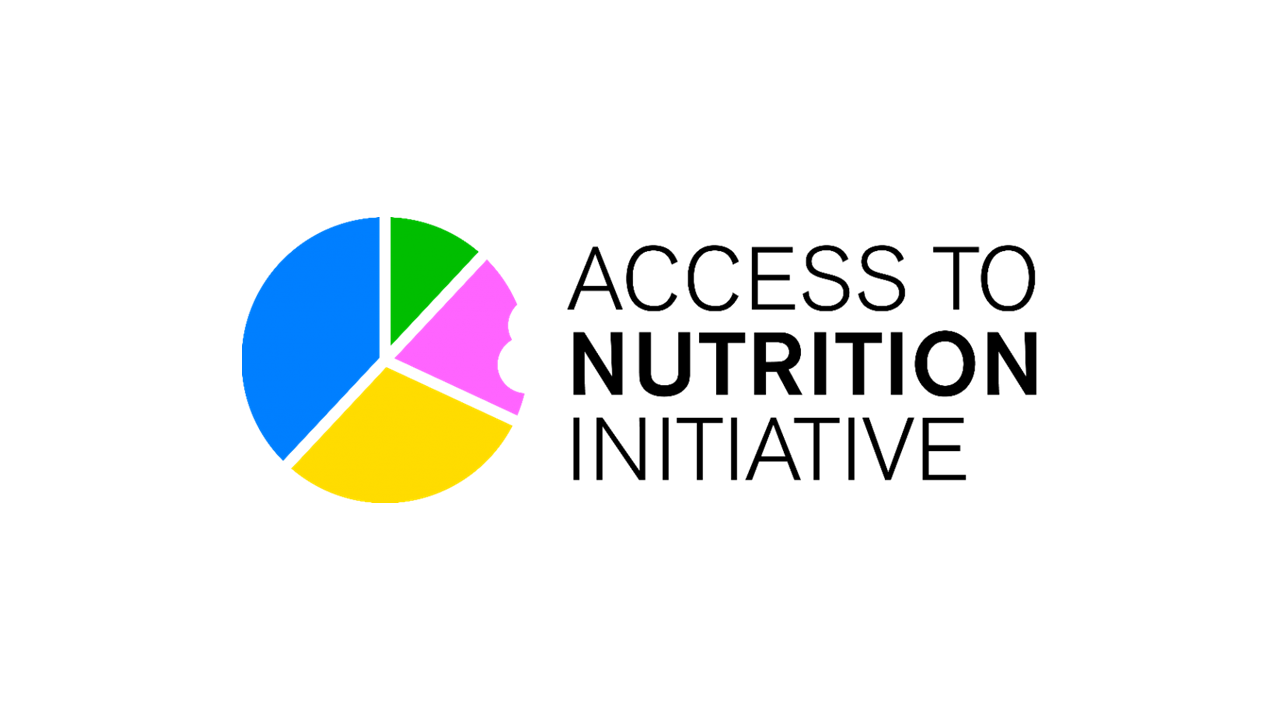ISDI position on the methodology for the ATNI 2024 index on Breast-milk Substitutes and Complementary Foods
ISDI supports initiatives that aim to improve the nutrition status of infants and young children globally. We fully support ATNI’s mission of delivering healthy and sustainable diets for all; it is essential for companies to contribute to optimal infant and young child nutrition. From conception to two years of age, nutrition in the years of a child’s life is particularly important.
Beyond our common objective to improve the nutritional status of infants and young children, the index helps to highlight both sustainable measures to help increase consumer access to nutritious and affordable foods and beverages and actions for manufacturers to responsibly exercise their influence on consumer choice.
Healthy infants and young children require age-appropriate nutrient intake to meet their needs for optimal growth and brain development. Nevertheless, the socio-economic environment and cultural realities are different across countries.
Therefore, to be truly impactful, ISDI is of the opinion that any ranking and index should take the following into account and we invite ATNI to reconsider its approach to the methodology:
- Compliance by companies in the marketing of their products should be assessed against national laws and regulations.
The WHO Code and subsequent WHA resolutions are recommendations and not legally binding for purposes of the WHO’s Constitution (Article 23).1 They are for Member States to translate into local laws, existing regulations, or other suitable measures based on their national contexts and public health objectives.
ATNI’s methodology assesses marketing and labelling infringements against the WHO Code and subsequent, relevant World Health Assembly (WHA) resolutions (incl Resolution WHA69.9); it fails to benchmark companies’ performance vis-à-vis national laws as a minimum. National laws and regulations are binding regulatory instruments, and as such the legitimate instrument to benchmark against.
While ISDI and our members support the aim and objective of the WHO Code, our member companies comply with national laws in the countries in which they operate and believe that countries are in the best position to determine the appropriate regulations given national contexts.
- The number of “infringements” is provided in absolute figures, instead of in relation to the company’s total portfolio.
Absolute figures are factual, but do not provide a perspective of the scale or proportion of “infringements”.
- Whilst ISDI welcomes the full value chain approach taken by ATNI, by also considering non-compliances attributed to contractual third parties, the selection of retailers remains unclear.
ISDI would welcome additional information on the methodology in selecting retailers.
- The negative scoring towards companies that manufacture “baby foods” is also discriminatory.
Sanctioning baby food manufacturers in the scoring does not allow the general public and investors to objectively compare the whole set of Food and Beverage companies included in the Global Index.
Too many infants around the world, whether they are breastfed, mixed-fed, formula-fed or given alternatives, are afflicted by malnutrition and its consequences – principally stunting, wasting and being overweight.
Baby food manufacturers require more attention to food safety, the quality of ingredients and raw materials and R&D in order to ensure that the foods they produce meet national standards and regulations. It sends the wrong signal about an industry that aims to support the public health objectives of improving the health of infants through improved nutrition and undermines any constructive collaboration between our industry, regulators and civil society partners
The infant and young child nutrition industry remains committed to contributing to addressing health challenges, providing high quality, safe and age-appropriate nutrition for infants and young children, and to supporting education on healthy nutrition.
ISDI would welcome further dialogue with ATNI on adapting the methodology in a way that will give the index not only more standing and credence among regulators, investors and the industry itself but which will also ensure that its assessment and recommendations benefit wider society including governments and consumers.
1. For a summary of health instruments under the WHO Constitution, as well as whether they are legally binding in character or not, see the Annex to the Background information related to the identification by the Intergovernmental Negotiating Body of the provision of the WHO Constitution under which the instrument should be adopted 11 July 2022 (A/INB/2/INF./1).

